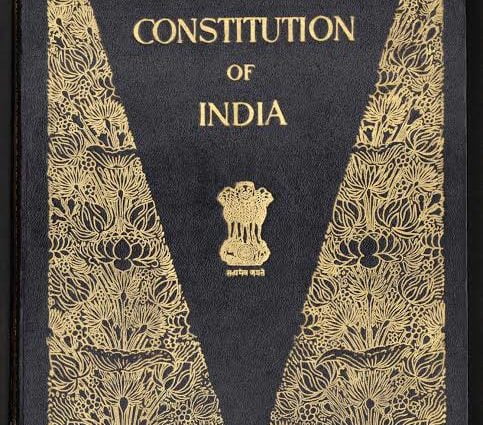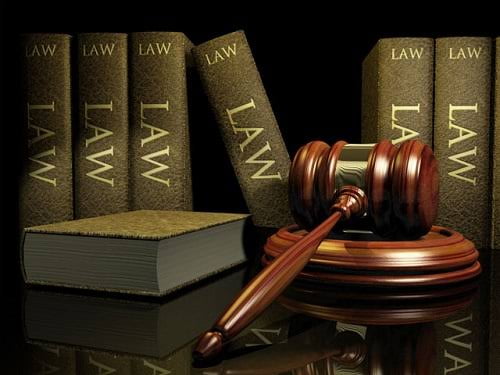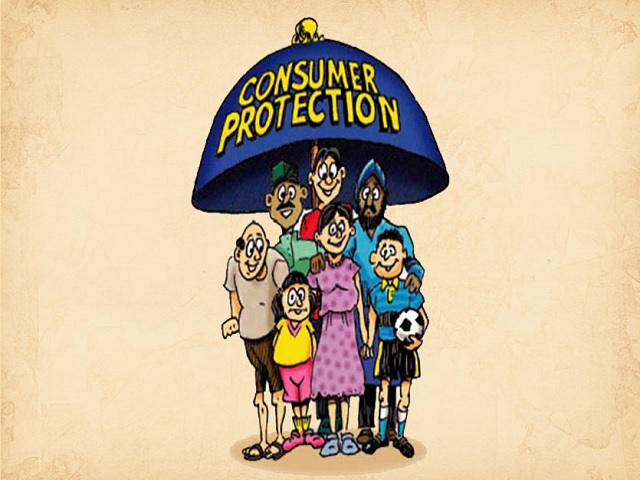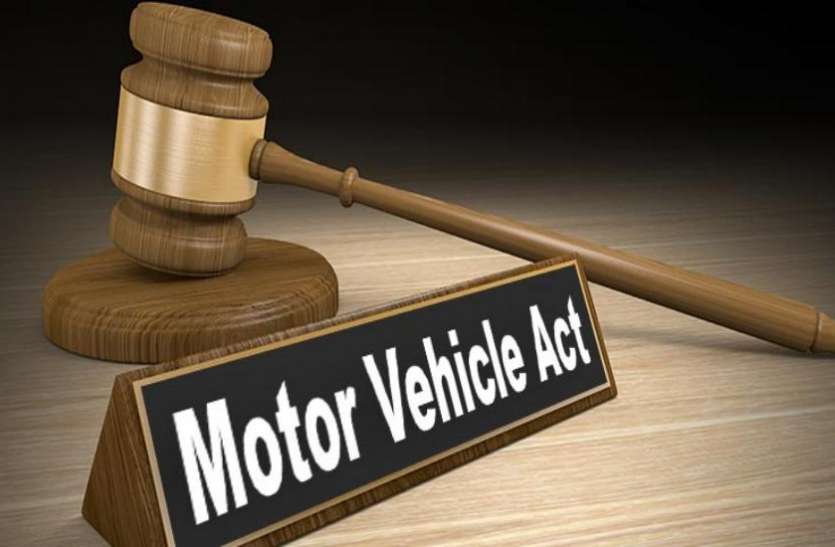World Day for International Justice is an international day celebrated throughout the world on July 17. In this day, the treaty that created the International Criminal Court was adopted. Keeping the importance of the day in mind, Discover East highlights some of the key points and procedures of Indian Justice System and its working.
The Preamble to the Constitution of India, which is the preface that highlights the entire Constitution, aims “to secure to all its citizens – JUSTICE, social, economic and political” where Justice stands for rule of law, absence of arbitrariness and a system of socially, economically and politically equal rights, freedom and opportunity for all. To ensure equality of Justice, Indian Legal System has laid down some procedures to be followed by common people .
Here are few of the important points in the Legal System and how to approach the Indian Justice System, for a layman.
1. Civil Suits – e.g. Land Dispute
- Filing of suit/plaint – This is the written complaint or allegation by plaintiff.
- Vakalatnama – It is a written document, by which the party filling the case authorities the lawyer to represent on their behalf.
- Filing – Filing of Plaint before Sherestadar by paying appropriate court fee and process fee.
- Hearing – If the Court thinks there are merits in the case, it will issues notice to the opposite party to submit their argument and fix a date.
- Written Statement – On receiving the notice, the defendant is required to produce a written statement denying all the allegations before the date of hearing.
- Replication by Plaintiff – It is a reply against the written statement which specifically denies all the allegations by the defendant.
- Framing of Issues – Issues are framed by the Court and on the basis of those issues arguments and examination of witness takes place.
- List of Witnesses – Within 15 days of framing of issues, both the parties have to produce their list of witnesses to the Court.
- Once the examination and cross-examination of the witnesses is over, the Court will fix a date for final hearing.
- Final Hearing – On the final hearing day, the arguments will take place which should strictly be restricted to the issues framed.
- Finally, the court will pass a ‘final order’ either on that day or on some other date fixed by the Court.
- Appeal, Reference and Review – When an order is passed against a party, they may further initiate the proceedings by way of appeal, reference or review.
2. Crminal Case – e.g. Theft
- In case of criminal offence like theft, First Information Report (FIR) registered by police.
- The accused may apply for Anticipatory Bail, or if he is arrested may be kept in police custody or judicial custody.
- Police officers starts investigation, collecting evidence, interrogation collects statement of accused and witnesses
- Charge-sheet is filled before the Magistrate.
- Arguments before the Court on framing of charges
- Trial before the Court
- Evidence by the prosecution and cross-examination of witnesses by the accused
- Mandatory examination of accused by the Court
- Evidence by accused and cross-examination of witnesses by prosecution
- Conclusion of evidence, oral arguments
- Judgement by the Court – either acquittal or conviction of the accused.
- In case of conviction, hearing of quantum of sentence.
- Appeal to the higher Court.
3. Cyber Crime – e.g. Stalking
- The process of reporting a cyber crime is more or less same as any other crimes. The local police stations can be approached for filing a complaint and in most of the States, provision of E-FIR is now-a-days available.
- If the police station refuses to make a complaint, a representation may be given to the Commissioner of Police or the Superintendent of Police.
- In-spite of this, if any action is not taken, then the victim may approach to make a private complaint to the concerned Court or a Writ to the High Court.
- Offences like hacking, data theft, virus attacks, denial of service attacks can be prosecuted under Section 66 read with Section 43 of the Information Technology Act.
- Cases of forging a credit or debit card or even cloning a mobile sim with dishonest intention to cause wrongful loss or wrongful gain can be prosecuted under Section 463 to 471 of IPC.
- Section 67A and 67B provides for prosecution of pornography and child pornography respectively.
- Most offences carry maximum imprisonment of 3 years with fine and the more serious offences like child pornography carry stronger punishment ranging from 5 to 7 years.
4. Consumer Court under Consumer Protection Act, 1986
- A consumer can file a complaint for adoption of unfair trade practice, defective goods sold or to be sold, deficiency in services, overcharging of goods and services, selling or offering to sell hazardous goods or service which can cause threat to life and safety.
- A notice to be sent to the service provider explaining the deficiency in services. The notice is an attempt to settle the complaint without approaching the forum i.e. if the service provider willing to offer compensation or any other remedy.
- If the service provider is not willing to offer any compensation than a formal complaint should be filled in the Consumer Court attaching all relevant documents like copy of the bill, warranty/guarantee certificate etc.
- Choosing the appropriate forum for filing the complaint according to the pecuniary jurisdiction.
- A prescribed fee is required to be paid along with the complaint.
- Reliefs to be granted under the Consumer Protection Act – (a) Refund of the price paid by the consumer, (b) Removal of defects, (c) Replacement of the goods by the service provider, (d) Compensation to be awarded to the complainant, (e) Imposing a ban on the sale of hazardous goods, (f) An order for removal of deficiency in service, (g) An order for discontinuance of unfair trade practice, (h) Payment of adequate cost or the costs of litigation.
5. MACT under Motor Vehicles Act – e.g. Accident Cases
- Motor Accidents Claims Tribunals (MACT) which substitutes civil courts to provide cheaper and speedier remedy to the victims of accidents of motor vehicles.
- An application can be made by the person who sustained injury or by the owner of the property or by their legal representative for compensation arising out of the accident.
- The person who files the petition must show that the respondent was rash or negligent in driving, which led to the commission of the accident.
- The tribunal shall maintain an institution register for recording the Accident Information Report (AIR)
- The tribunal will fix a date for preliminary hearing which date must be notified to the victim.
- The tribunal shall inquire and satisfy itself that the AIR relates to a real accident.
- The tribunal shall ascertain the dependent family members/legal heirs by a summary inquiry.
- The Tribunal shall categorize the claim cases registered, into those where the insurer disputes liability and those where the insurer does not dispute the liability.
- The insurance companies shall be directed to deposit the admitted amount or the amount determined, with the Claims Tribunals within 30 days.
- In injury cases, where the compensation sought are high, a doctor must be involved to examine to prove the percentage of disability of the victim and the victim is also directed to submit disability certificate, original bills etc.
May Justice be delivered in all way to all the aggrieved persons.
Subhalaxmi Chakravarty contributed this article about Indian Justice System to Discover East. She is a Guwahati based lawyer and has a knack for traveling and cooking.
Send your own articles to discovereastin@gmail.com to be published here.





